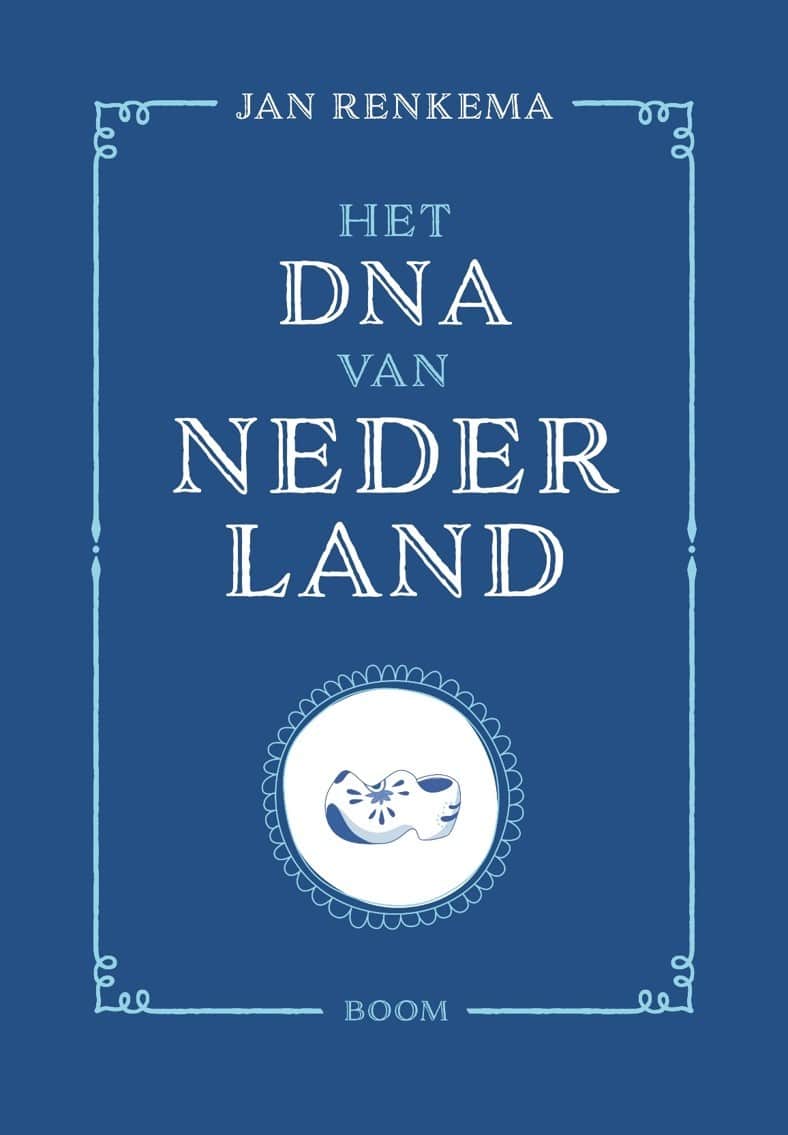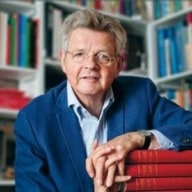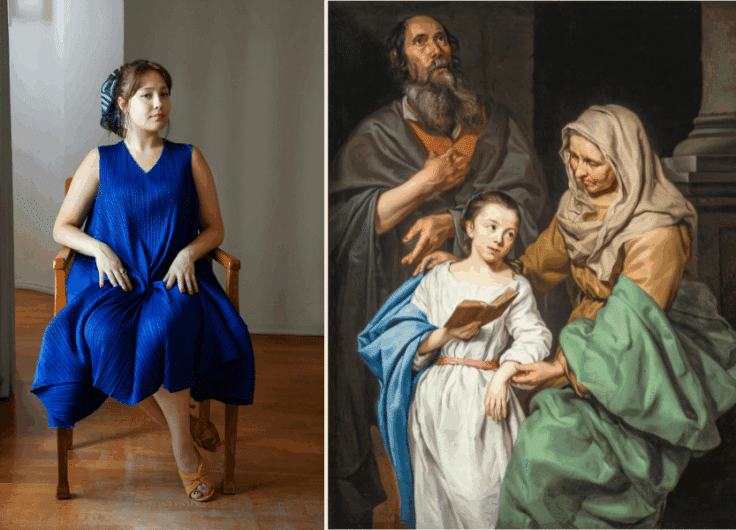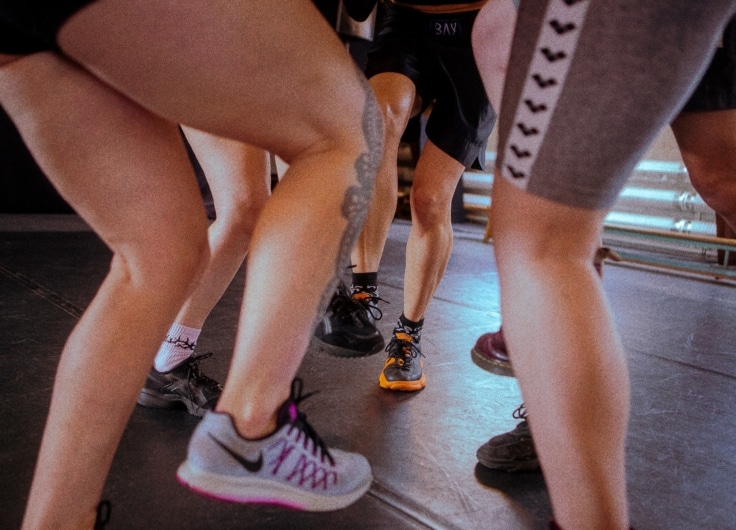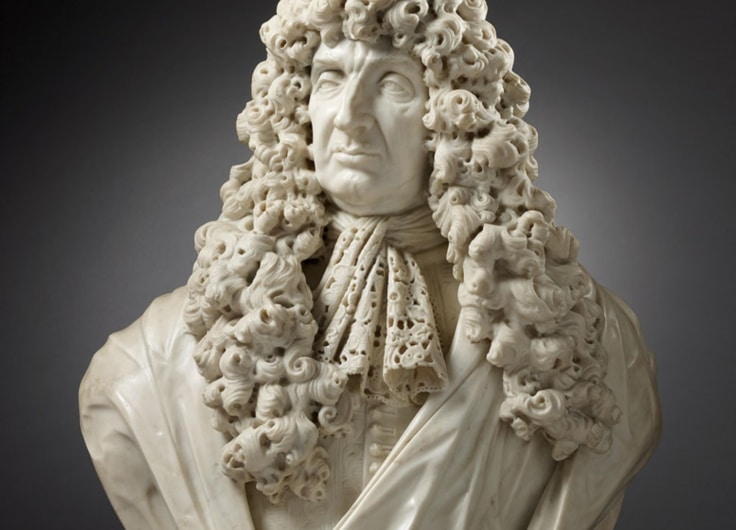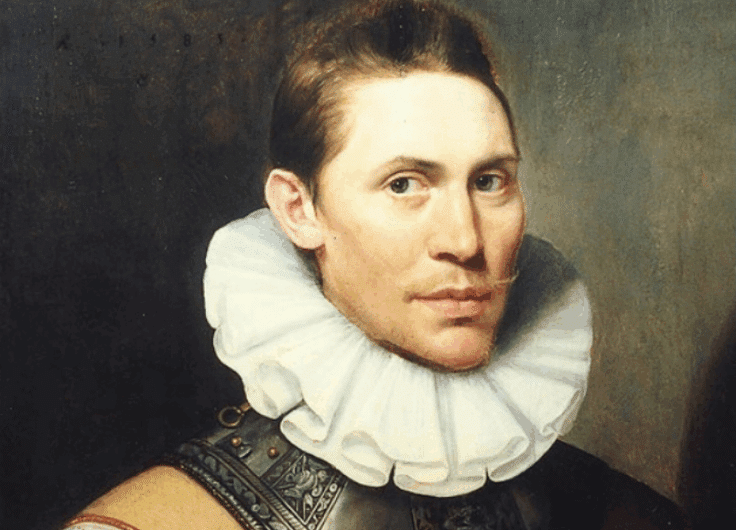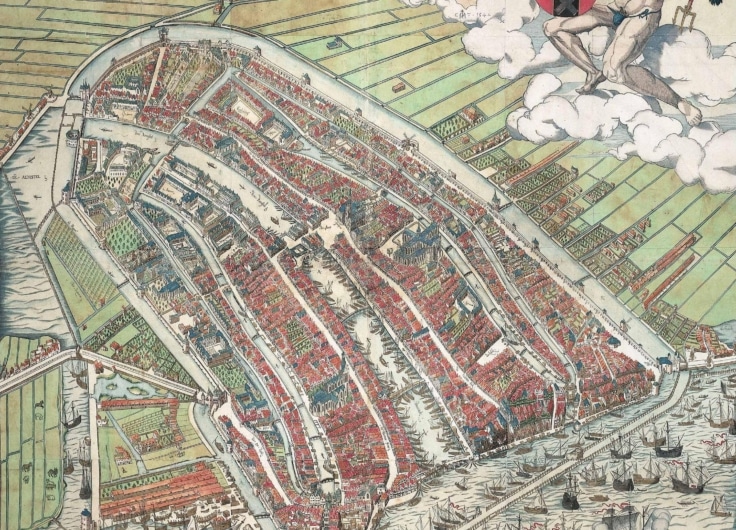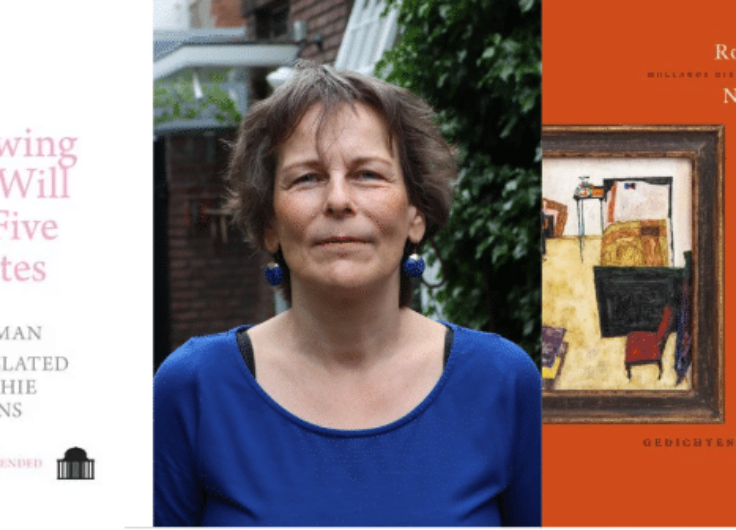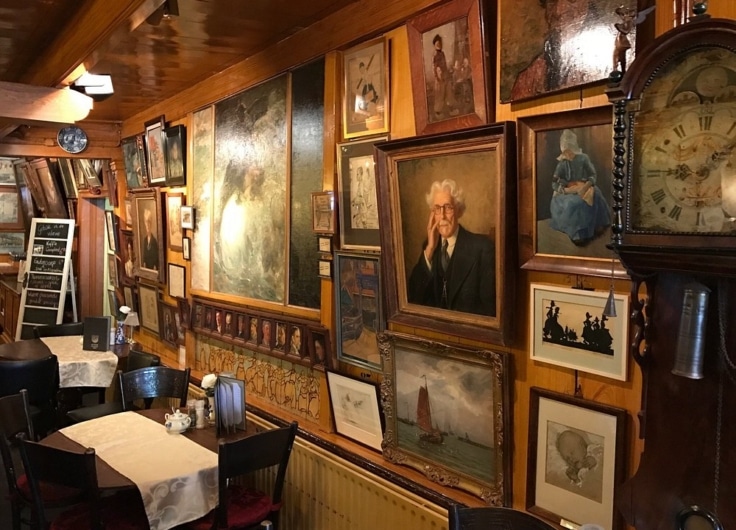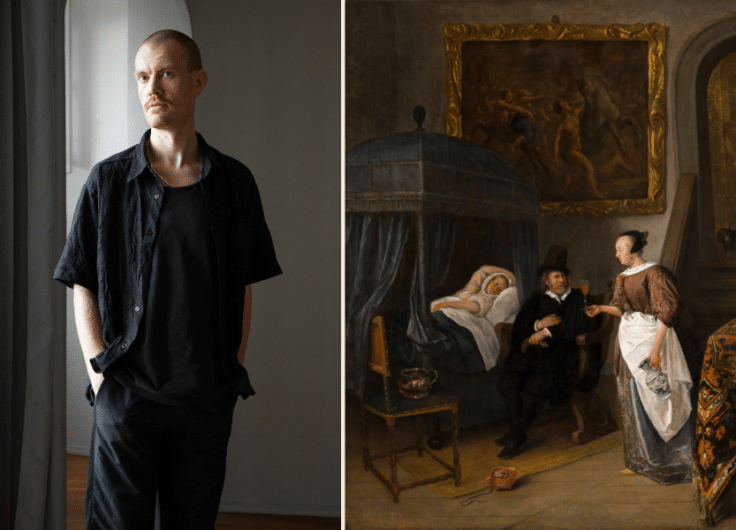A ‘Mental Passport’ of Dutchness
Is there such a thing as a ‘Dutch identity’? And if so, what does it look like? Jan Renkema provides a clear analysis of the main characteristics in his pamphlet ‘The DNA of the Netherlands’. He does this in the form of a conversation between a curious foreigner and a Dutch expert on a flight to Schiphol airport.
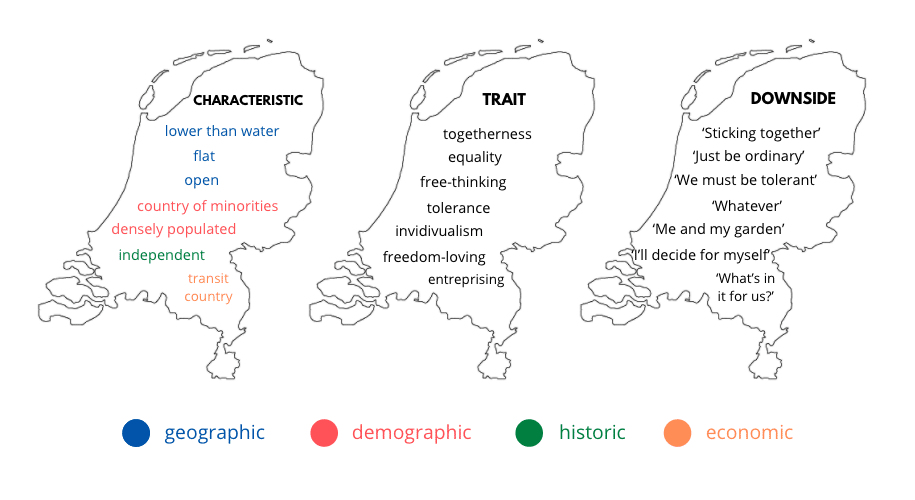
“Would you look at that, the identity in diagram form, a model of Dutch nationality! Perhaps you’d call it a profile sketch, or maybe even a ‘mental passport’?”
“No, the identity of a country is far too complicated to fit within a simple diagram. At most, this is a basic first profile from which to develop further.”
“But surely there is some sort of order in this 3×7 sketch?”
“Certainly. The first column of characteristics is a tribute to all of those studies in which the individuality of our national character is distinguished by our impressive struggle against the water, our so varied population, our illustrious history and our unique, powerful international economy.”
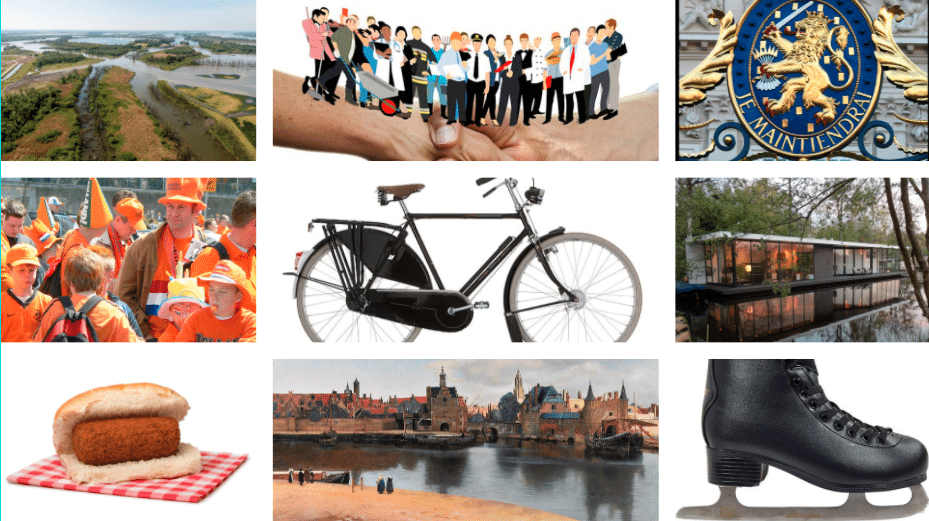
“But do these seven core trademarks then lead to characteristics of Dutch identity? Look at the Mekong Delta in Vietnam. People also have to fight against the water there. But has that also resulted in similar structures of discussion to the Netherlands, or a modern democracy? And look closer to home, at the famous Anglo-Saxon consultation model in England. You can’t link that to water, can you? Or take Scandinavia, where there are similar mentalities that ‘everyone is equal’ and that you should ‘just be ordinary’. And even that typical Dutch phenomenon that you mentioned, the bicycle. Isn’t the bicycle also a common means of transport in China? What’s so Dutch about that?”
The fact that we had to fight for our independence may help to understand that we are freedom-loving
“Okay, let’s start with the bike. That’s different for us. The Netherlands has the highest bicycle density in the world; 1.4 bicycles per capita. And Chinese people replace their bikes with a scooter or a car once they start earning more. Of course, the seven characteristics do not determine our identity. For example, it is not quite the case that we are freedom-loving because of our independence over the centuries. But the fact that we had to fight for our independence may help to understand that we are freedom-loving. In the same way, the struggle against water makes it clear that we have a need for mutual discussion, and have become accustomed to participation and cooperation. Incidentally, your observation that some similar traits are also present in the ‘national character’ of other countries does not mean that the seven traits listed here are not still characteristic of the Netherlands.”
“Okay, but then there’s the third column. ‘Downside’? What exactly do you mean by that? Is that something like the now clichéd saying of your world-famous, legendary footballer Johan Cruijff, ‘Every advantage has its disadvantage’?”
“Yes, if it makes it easier to understand, you can take it that way. But I mean something else. By downside, I mean that a trait can become negative when it becomes absolute.”
“You’ll have to explain that a little more for me.”
A trait can become negative when it becomes absolute
“If your solidarity becomes absolute and you see it separately from the other six qualities, then your highest priority becomes ‘As long as everybody stays together’. If you are overly focused on equality, then that equality topples over, as it were, into a compelling attitude of ‘Just be ordinary, that’s crazy enough.’ Or take tolerance, if you are always just tolerant, then you eventually come close to an indifferent ‘whatever’. As soon as one attribute is held above the others, that attribute deteriorates into an attitude that comes to invalidate the original attribute. Liberty is a beautiful feature, but if ‘everything should be allowed’ then there is no more liberty, instead you have the threat of turning into a culture of ‘every man for himself’. Individualism is necessary if you live close together, but if you are only focused on privacy, then you lose touch with the outside world. If you are too freedom-loving, then you invalidate the first trait of ‘togetherness’ in a mentality of ‘I’ll decide for myself’. I could go on and on.”
“Okay, but I still have more questions.”
“Do you have time for a cup of coffee, then?”
“What do you mean, coffee?”
“We are known for always drinking coffee, just like the people of Argentina with mate tea. For us, that is a form of togetherness, ‘just a quick cup of coffee’. And, when my boss asks, ‘Shall we get a coffee?’, then I know he probably wants to discuss something that isn’t necessarily entirely positive for me. We drink an average of three cups per day. It is part of our culture of discussion at work, to shape employee participation and to gain support for policies. It is said that meetings are ‘a ritual sponsored by coffee producers’. But with my invitation, I’m really just offering you a drink so that we can continue our conversation. Of course, it could also be a beer. We have global brands, but we increasingly follow our southern neighbours in Flanders with our own special types of beer.”
